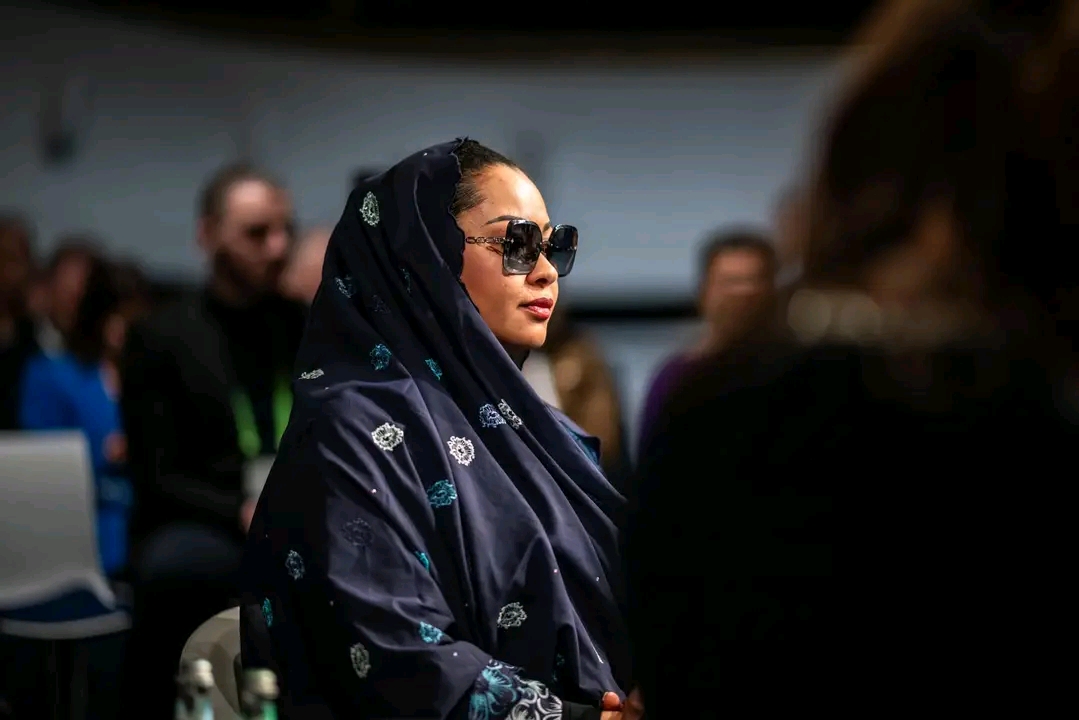In a significant development on Saturday, the National Assembly successfully passed the 2024 Appropriation Bill, thereby giving the green light to a budget of N28.7 trillion. This amount reflects an increase from the initial proposal of N27.5 trillion put forth by President Bola Tinubu.
The approval came after thorough deliberations and the review of reports presented by the Appropriations Committees of both the Senate and the House of Representatives.
Among the notable alterations made to the initial proposal was the adjustment of the exchange rate from N750 to N800 per dollar. Additionally, the National Assembly endorsed the executive arm’s suggestions for a daily oil production of 1.78 million barrels, a US$77.96 oil benchmark price, and a GDP growth rate of 3.88%.
Breaking down the Appropriation Bill, the allocation includes N1,742,786,788,150 for statutory transfers; N8,270,960,606,831 for debt servicing; N8,768,513,380,852 for recurrent (non-debt) expenditure; and N9,995,143,298,028 as a contribution to the development fund for capital expenditure.
Noteworthy allocations under statutory transfers involve N341,625,739,236 for the National Judicial Council, N338,924,732,832 for the Niger-Delta Development Commission, and N263,043,551,250 for the Universal Basic Education Commission. The Senate and House of Representatives were also allocated N49,144,916,519 and N78,624,487,169, respectively.
Senate President Godswill Akpabio stated that the budget would be promptly transmitted to the President for his assent, with the aim of initiating implementation by January 1, 2024.
Explaining the N1.2 trillion increment from the initial proposal, Abubakar Bichi, Chairman of the House Committee on Appropriation, clarified that the increase was attributed to the rise in the exchange rate and commitments from Government Owned Enterprises (GOEs) to augment their revenue to N700 billion. This additional funding was directed towards capital expenditures.
Chairman of the Senate Committee on Appropriations, Solomon Adeola, added that adjusting the exchange rate to N800 per dollar would generate N446 billion in consolidated revenue. Furthermore, government-owned enterprises committed to boosting their revenue by an extra N784 billion, resulting in a cumulative increase of N1.2 trillion. This additional funding was allocated to the capital votes of specific agencies, including Transportation, Works, Housing, and the School Feeding Programme.




